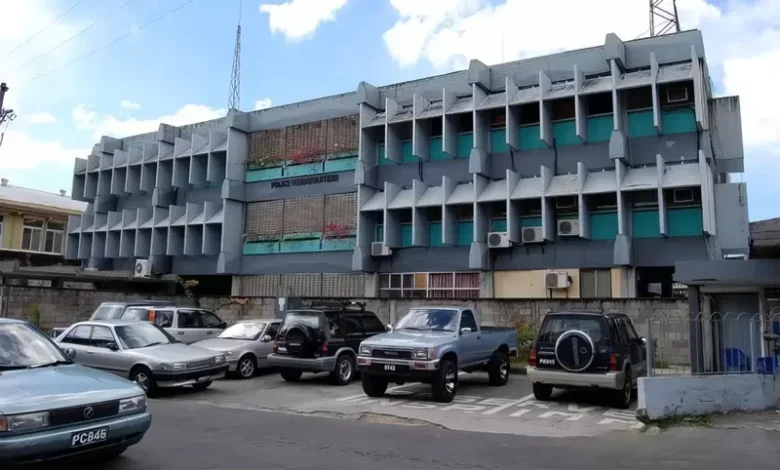Police Act, Chapter 14:01

The Police Act, Chapter 14:01 of the Revised Laws of Dominica, serves as the foundational legal framework governing the operations, duties, and organizational structure of the Commonwealth of Dominica Police Force (CDPF). This legislation delineates the authority and responsibilities of police officers, ensures the maintenance of public order, and enforces laws within the island.
Establishment and Structure of the Police Force
Under the Police Act, the CDPF is established as Dominica’s principal law enforcement body. The Act specifies the force’s hierarchical structure, detailing ranks from the Commissioner of Police to constables. It also outlines each rank’s appointment procedures, duties, and powers, ensuring a transparent chain of command and operational efficiency.
Powers and Duties of Police Officers
The Act grants police officers the authority to prevent and investigate crimes, apprehend offenders, and maintain public peace. It empowers officers to conduct searches, seize property related to criminal activities, and execute warrants. Additionally, the legislation mandates police involvement in public safety measures, such as traffic regulation and disaster response, thereby encompassing a broad spectrum of community responsibilities.
The Police Act establishes codes of conduct and disciplinary procedures to uphold integrity within the force. It defines offences such as neglect of duty, misconduct, disobedience, and corresponding penalties. The Act also provides mechanisms for addressing grievances and appeals, ensuring that officers adhere to professional standards and that due process is maintained.
Recognizing the evolving nature of law enforcement, the Police Act has undergone amendments to address contemporary challenges. Notably, the Police (Amendment) Act No. 11 of 2014 adjusted the mandatory retirement age for police officers, stipulating that officers shall vacate their office upon attaining the age of sixty years, with provisions for re-employment up to sixty-five years under specific conditions.
Integration with Other Legislation
The Police Act operates with other legal instruments, such as the Criminal Law and Procedure Act and the Firearms Act, to provide a comprehensive legal framework for law enforcement. This integration ensures that the CDPF functions within the bounds of the law while effectively addressing various aspects of public safety and criminal justice.
The Act emphasizes the importance of community relations, mandating that police officers engage with the public to foster trust and cooperation. It also encourages establishing community policing initiatives and outlines officers’ responsibilities for maintaining transparency and accountability in their interactions with citizens.




